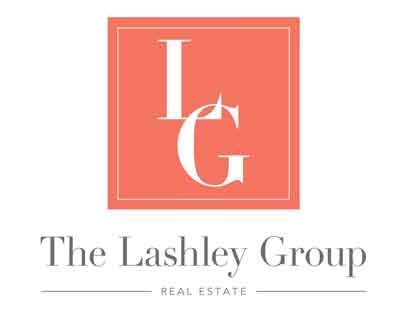From Ink Magazine http://www.inc.com/articles/2001/10/23562.html
“Use these questions to find a competent and successful business broker.”
What is your background/experience? “It takes time and experience to be able to understand the nuances of businesses,” says Jeff Jones, chairman of the board of Certified Business Brokers LC in Houston and president of Certified Appraisers, Inc., the firm’s appraisal practice. According to Jones, the average age of a business broker is 55, and for good reason. A competent broker needs experience in valuation, a fair amount of accounting experience, knowledge in the legal aspects of selling a business, salesmanship, and patience. In short, a good broker has been around the business block before entering the profession.
Are you a member of a trade association? Do you hold any accreditations?
“If a person in a profession is taking time to belong to an association and attend, it shows you that the member is attempting to stay current within his or her profession,” says Mark Putnam, executive director of the International Business Brokers Association in Chicago. The IBBA also accredits business brokers with the designation of certified business intermediary (CBI), a recognized designation in the business. Someone who has the designation has passed courses and a final examination. “It’s one indication that you’re dealing with an experienced individual,” Jones adds.
What services do you provide?
The broker should offer to help you price the business, and should be able to show you how to package and market your business, says Cooper. After you’ve heard two or three proposals, you’ll get a good idea of the type of services available to you. “Remember, however, that you are hiring a sales professional with strong financial skills, so look for signs that your broker is just that,” he adds.
Can I talk to the owner?
If you’re not personally dealing with the owner of the firm, ask to speak to him or her, suggests Tom West of Business Brokerage Press in Concord, Mass. Ask him or her the questions you asked of the person whom you initially contacted. Do you get the same answers? Also, ask what kind of recourse you have if you’re not getting any activity on your business. And if you keep calling for the owner of the firm and you don’t get a return call, says West, cross the firm off the list.
What kinds of tools do you use to research buyers?
“Before the Internet, if you wanted to sell your Atlanta automotive body repair shop, you were probably stuck looking for buyers in Atlanta,” says Putnam. Today, the Internet has made the world smaller for sellers, and a good broker takes advantage of that. “It’s a proactive approach to finding buyers as opposed to strictly posting that this business is for sale and letting people come to you,” he adds. Additionally, the broker should have at his or her disposal research tools, such as Dun & Bradstreet, CapitalIQ and OneSource, and use them to find buyers and general information about the profession or industry in which the seller is active.
How will you market the business?
Discovering what tools a firm has in its marketing arsenal will help you determine just how committed they are to selling. “Every business needs a little different approach to its marketing campaign and every business brokerage firm is a little different, so there are many combinations of campaign strategies that might be appropriate,” says Cooper.
Look for a variety of ways to that the broker reaches sellers: ads in local papers and trade publications, listings on such Web sites as www.bizbuysell.com, andwww.mergernetwork.com and www.BizQuest.com for businesses over a $1 million asking price. It’s also a good idea to get on the Internet yourself, act like a buyer, find out where listings for businesses similar to yours show up, and then ask the broker if they list there.
Ask to see the printed marketing materials the broker puts out for clients. Look at their brochures and presentations, assessing completeness and how well-written they are. Jones also suggests asking whether they approach similar or complementary businesses about mergers, which shows you the broker is casting a wide net for buyers.

